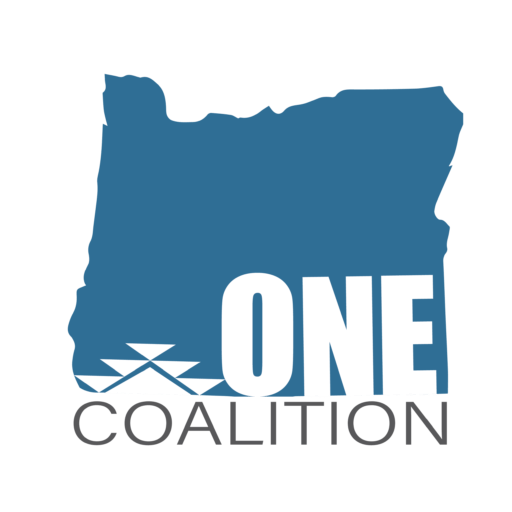Tribal Sovereignty and Cannabis

This from Oregon.gov
“Tribal sovereignty encompasses legal, cultural, political, and historical traditions that are a complex mix of both European and Indigenous approaches to governance. There are three types of sovereign governments in the United States: the federal government, state governments, and Tribal governments.
Sovereign nations have the right to form their own government, determine membership or citizenship, make and enforce laws, regulate trade within borders, and form alliances with other nations. Sovereignty is the internationally recognized right of a nation to govern itself, and American Indian Tribes existed as sovereign governments long before Europeans settled in the Americas.”
This from the Attorney General of California: Tribal Sovereignty
What is Tribal Sovereignty?
Tribes possess all powers of self-government except: (1) those relinquished under treaty with the United States; (2) those that Congress has expressly extinguished; and (3) those that the federal courts have ruled are subject to existing federal law or are inconsistent with overriding national policies. Tribes, therefore, possess the right to form their own governments; to make and enforce laws, both civil and criminal; to tax; to establish and determine membership (i.e., tribal citizenship); to license and regulate activities within their jurisdiction; to zone; and to exclude persons from tribal lands.
Limitations on inherent tribal powers of self-government are few, but do include the same limitations applicable to states, e.g., neither tribes nor states have the power to make war, engage in foreign relations, or print and issue currency.
Why do we cite the government definitions and not that of the tribes? Because this is where the battle takes place at the legal level, and these legal definitions that the states and federal government have crafted can come into direct conflict with treaties, and agreements made prior. Tribal sovereignty is the power to govern the citizens of each tribal nation, and both the state and federal governments have a role to play in that, but it is important to ground ourselves in this understanding to see how some tribes are starting to craft their own cannabis policies which can come into conflict with state and federal law.
https://www.youtube.com/watch?v=e26EHfma17Y – The Story of Tribal Sovereignty
Source: https://www.bia.gov/sites/default/files/dup/inline-files/idc1-028635.pdf
